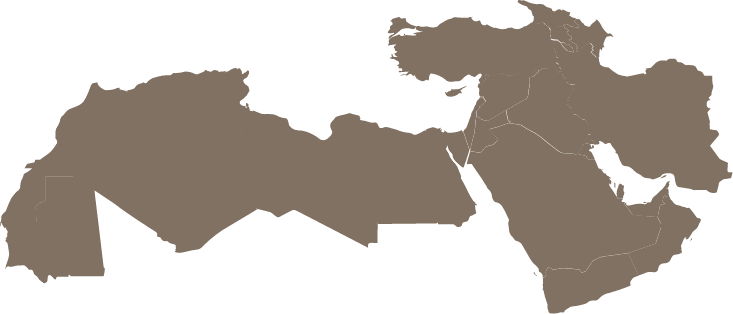Arwa Aburawa, a journalist with the Green Prophet, reports on a conference taking place in Jordan this month. The Green Prophet is a URI Cooperation Circle based in the Middle East.
Jordan will be hosting a three day event on the ‘Environment in Islam’ which is the theme for the 15th General Conference of the Royal Aal al-Bayt Institute for Islamic Thought.
The event, held on the 27-29 of September, is significant as it brings together a wide range of scholars from different sects of Islam who will contribute to the diversity of Islamic interpretation of the modern issue of climate change.
Jordan may have a mixed environmental record with a gray wolf population under threat and a dubiously ‘green’ airport being constructed, but it has been making some strides towards environmental progress. They are currently attempting to combine tourism with conservation to help preserve their ecologically fragile sites such as the ever-shrinking Dead Sea and are also planning to build a wind farm near the ancient city of Jerash.
Around 100 participants from 40 Muslim countries will take part in the conference in Amman and 38 research papers that explore the environmental issues and the link with Islam will be presented. The four topics up for discussion are: the environment in the Holy Qur’an and the Prophet Muhammed’s Hadith, animals and living creatures in Islam, Muslim’s interest in the environment historically and in modern times, as well as Islamic values and their role in presenting solutions for international environmental problems.
Exploring the Green Message of Islam
As well as the the three day event, there will also be a two-day closed symposium this weekend which brings together Christian and Muslim scholars to explore how religion views the environment in general. Organisers at the international Islamic non-governmental and independent institute have pointed out that the meetings are strictly non-political and scientific.
The Royal Aal al-Bayt Institute for Islamic Thought was setup in 1980 by the His Majesty the late King Hussein Bin Talal to promote awareness of Islam and Islamic thought, call for a middle ground of moderation, and challenge unsound ideas and misconceptions about Islam. Exploring the green message at the heart of Islam is a great way to tackle misconceptions as it highlights the relevance of Islamic thought to modern concerns and common ground amongst the wider green community.
The Time To Get Organised for Climate Change is Now
The conference is also a welcome step towards better organisation amongst the Arab world in dealing with the issue of climate change. According to experts who attended the latest United Nations Development Programme regional meeting, lack of political will means that the Arab world will be one of the regions worst hit by climate change. With less water, hotter and less predictable climates, as well as growing GHG emissions the region is facing an uncertain future.
As Mostafa Tolba, former executive director of the United Nations Environment Programme told Reuters, “They are leaving entire generations who will wake up and find a disaster on their hands that they will be completely unequipped to handle.” Experts noted the increasing awareness of the issue amongst Arab governments but called for more to be done to engage the private sector and for businesses to invest in a greener future.
